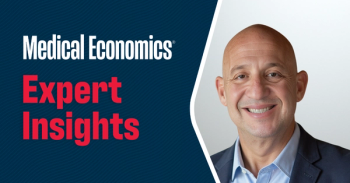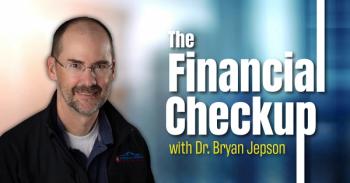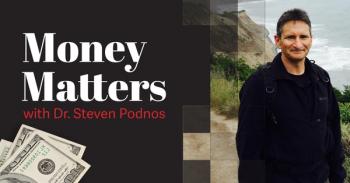
- Medical Economics June 2021
- Volume 98
- Issue 6
Hiring a financial adviser after tax season
Tax season is finally over and hopefully the results of your 2020 return landed in your favor. But what should you do now? Sure, you’ve gotten last year out of the way, but what about your future? What about the long term? Now that you know your numbers, is it time to hire a financial adviser?
Getting your taxes done is great, and of course, if you were able to save money on them this year, that outcome is even better. But do you know if you are on track to retire when you expect? Do you have an estate plan in place? Would you bet your life on your investment strategy? If you answered no to any of the above, you should start looking for a financial adviser.
Here are three surefire signs you need to hire a financial adviser:
You Don’t Have a Long-Term Plan in Place
When it comes to your financial future, the decisions you make today will have a profound effect on the way you live your life tomorrow. Unfortunately, we have seen many physicians’ life plans thrown off course and retirement dates become unknown because of a lack of planning.
Simply being a high-income earner does not guarantee a successful retirement. In fact, being a high-income earner, in many ways, complicates the challenge. You are charged with accumulating more wealth in tax-efficient ways to maintain your lifestyle as you age during retirement. There are far too many medical professionals working well into their 60s and 70s who express regret about not hiring a financial adviser sooner.
You’re Making Your Own Investment Decisions
Physicians are rarely ever financial experts. They simply don’t have time to be, not to mention that an investor’s biggest threat to his financial success is generally himself. When it comes to money, emotions can get the best of an investor’s decision-making and cause premature, untimely and costly investment errors.
For 25 years, a financial services market research firm known as Dalbar has been performing a Quantitative Analysis of Investor Behavior (QAIB) that measures “the effects of investor decisions to buy, sell and switch into and out of mutual funds over short- and long-term time frames.” Time and again, this research indicates that solo investors underperform market averages as a result of their own emotion-driven money moves.
Fiduciary financial advisers don’t just guide you in the direction of your goals, they also support you when market conditions get scary. They know how to handle fluctuations in the market to protect your assets and provide you peace of mind until conditions improve.
You’re Aren’t Working with a Specialist
No one needs to remind you that the nature of your career presents unique financial challenges. You likely started earning income years later than your peers because of medical school. And if you’re like the millions of other physicians who financed their education, you began your career with a sizable amount of debt.
Many physicians are surprised to learn this, but these are challenges that not all advisers are familiar with and equipped to handle. Luckily there are advisers who specialize in helping physicians overcome these obstacles to save and build wealth for the future.
Let’s put it another way. Would you visit a cardiologist for gastrointestinal issues? Or a neurologist for a broken bone? When you work with a professional who specializes in working with physicians, you increase your overall probability of success.
As a physician, it’s best to work with professionals to understand the nuances and complexities of your chosen career and can strategize the best plan for your needs.
Julianne F. Andrews, MBA, C.F.P., A.I.F., is a principal and co-founder of Atlanta Financial Associates. She specializes in working with physicians and executives in the health care industry. Her passion for working with physicians comes from being a pediatrician’s spouse for more than three decades. Julie has been featured on Forbes’ list of America’s Top Women Wealth Advisors since 2017 as well as Forbes’ Best-in-State Wealth Advisors since 2018. Julie can be reached at [email protected].
Articles in this issue
over 4 years ago
2021 Physician Report: Exclusive physician salary dataover 4 years ago
Asset protection for physician crypto currency investorsover 4 years ago
2021 Physician Report: How many hours physicians’ workover 4 years ago
2021 Physician Report: Who took our surveyover 4 years ago
5 winning financial strategies for medical practicesNewsletter
Stay informed and empowered with Medical Economics enewsletter, delivering expert insights, financial strategies, practice management tips and technology trends — tailored for today’s physicians.






